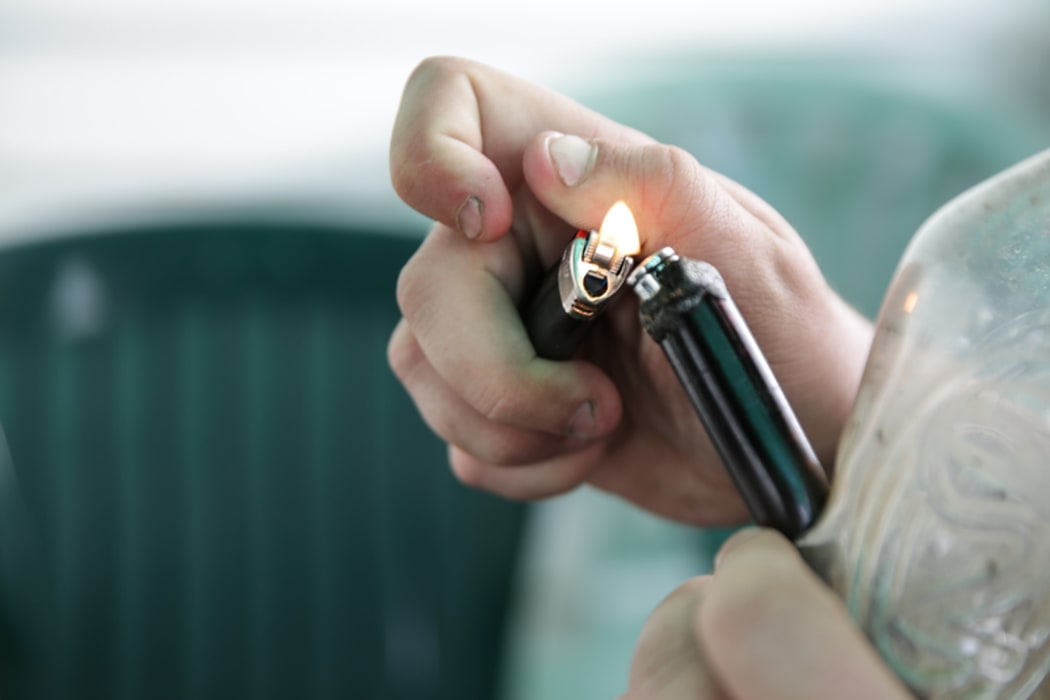The Drug Foundation wants more resources put into the non-court options for people facing drugs charges.

Photo: RNZ / Cole Eastham-Farrelly
A report has found fewer people facing charges are being diverted away from the court system.
Police data analysed by the Foundation found that 13 percent fewer people (2735 people) were diverted towards non-court action last year, compared to 2014.
Non-court action can include warnings, therapy, iwi-community panels, and alcohol or other drug treatment courts.
The Foundation ultimately wants people to stop being charged for low-level drug offences - defined as charges for person use, possession, and use or possession of a drug utensil - which made up 61 percent of the roughly 5000 people convicted every year, it said in the report.
Non-court "helps people avoid a conviction and is more likely to address the root cause of offending", it said.
"A drug conviction affects relationships, employment and travel opportunities," The New Zealand Drug Foundation's policy and advocacy manager Kali Mercier said.
"That's a life sentence for some, and it's clear that the burden falls to some groups more than others."
Nearly half of those imprisoned for low-level drug convictions were Māori and nearly half of all drug convictions are handed out to people under 30.
There are eight Te Pae Oranga iwi community panels operating across the country which processed 90 alcohol and drug referrals last year. There are also a number of pilot programmes such as Te Ara Oranga, which gives health screenings and treatment to those struggling with methamphetamine addiction.
Two pilot courts in Auckland, which deal with repeat drug offenders, are estimated to have reduced reoffending by 15 percent.


